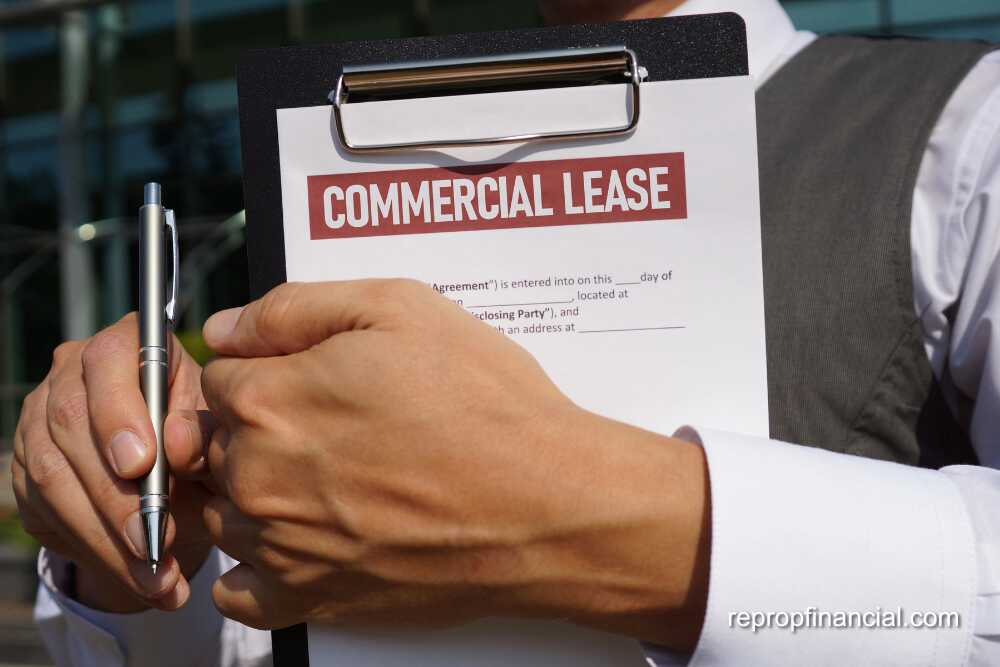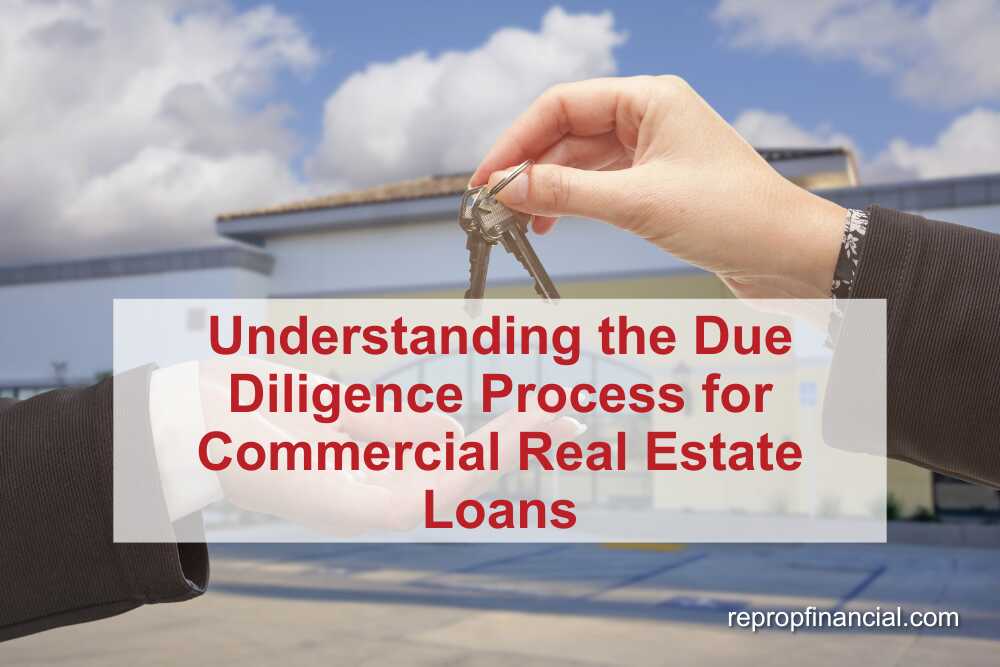In a turbulent economic environment where interest rates remain high and asset valuations are under constant scrutiny, commercial real estate investors face one universal truth: success begins with solid due diligence. Imagine a real estate investor eager to close quickly on a deal on an industrial warehouse, only to discover post-closing that the property has environmental contamination issues and unclear title history—delays, unexpected costs, and even litigation can follow. These risks, though common, are avoidable with careful pre-loan investigation.
For investors, developers, and brokers navigating today’s commercial real estate financing landscape, understanding and executing thorough due diligence is not just smart — it’s essential. At ReProp Financial, we often remind clients that due diligence is more than a checklist; it’s a strategic step that protects both the borrower and lender by ensuring the property and financials align with the investment goals.
Below, we highlight the key pillars of due diligence and guide how to approach them effectively.
Property Assessment: More Than Curb Appeal
A comprehensive property assessment goes far beyond the physical tour. This process includes:
– Property Appraisal: A third-party valuation designed to confirm that the purchase price aligns with market value and that the asset provides sufficient collateral for the loan. In current markets, where pricing volatility is a concern, appraisals are crucial for mitigating risk.

– Environmental Assessment: Typically conducted as a Phase I Environmental Site Assessment (ESA), this identifies potential environmental hazards such as soil contamination or prior use of hazardous materials. These issues can halt financing altogether or require costly remediation.
Investors should proactively engage qualified inspectors and engineers at an early stage of the process. Delays in identifying physical or environmental issues can derail financing timelines or lead to unexpected capital expenditures (capex) requirements post-closing.
Financial Analysis: Show Me the Numbers
Lenders and investors alike must review a property’s core financials to understand its income-producing potential and operational risk. Key documents include:
– Current and historical rent rolls
– Operating statements (12–24 months)
– Lease agreements with all tenants
– Tax statements, utility bills, and maintenance records
This financial review lets both parties assess net operating income (NOI), forecast cash flow under different interest rate or vacancy scenarios, and identify unspoken risks (like expiring leases or under-market rents). It also supports the underwriting process by helping determine loan sizing and debt service coverage ratio (DSCR).
Legal Due Diligence: Clear Title, Clear Path
Legal diligence ensures the borrower has undisputed ownership and the right to transfer or encumber the property. Critical components include:
– Title Search: A thorough title examination reveals encumbrances such as liens, easements, or unresolved claims. Investors must work with reputable title companies to resolve these issues before closing.

– Zoning Verification: Confirming that the property’s zoning aligns with current use—and future intended use—is vital. A multifamily property in a zone that restricts the number of dwelling units, for instance, poses a significant risk to a redevelopment strategy.
– Entity Documentation: For entity-type borrowers, lenders will require verification of authority to borrow (e.g., corporate resolutions, LLC agreements), all of which must be reviewed.
Best Practices for Streamlining Diligence
To ensure a smooth process, borrowers should:
- Start Early: Initiate inspections, reports, and document gathering as soon as a Letter of Intent (LOI) or Purchase Agreement (PSA) is signed.
- Engage Experts: Retain environmental consultants, appraisers, CPAs, and legal professionals who understand local and sector-specific nuances.
- Communicate With Your Lender: A lender like ReProp Financial will work with you to identify required documentation and provide guidance, avoiding last-minute surprises.
- Ask Questions: If a report flags a concern, dig in. Better to ask up front than remedy later.
Position Yourself for Success
In a market where lender scrutiny and regulatory requirements are intensifying, thorough due diligence improves your credibility, shortens closing timelines, and minimizes costly surprises. It transforms unknowns into informed decisions and protects your investment through all phases of the real estate cycle.
At ReProp Financial, we help borrowers navigate every leg of the commercial real estate financing process — from feasibility to funding. Whether you’re acquiring, repositioning, or refinancing an asset, our team brings clarity, speed, and experience to your transaction.

Reach out today for personalized guidance and flexible loan solutions designed for real-world complexity.



